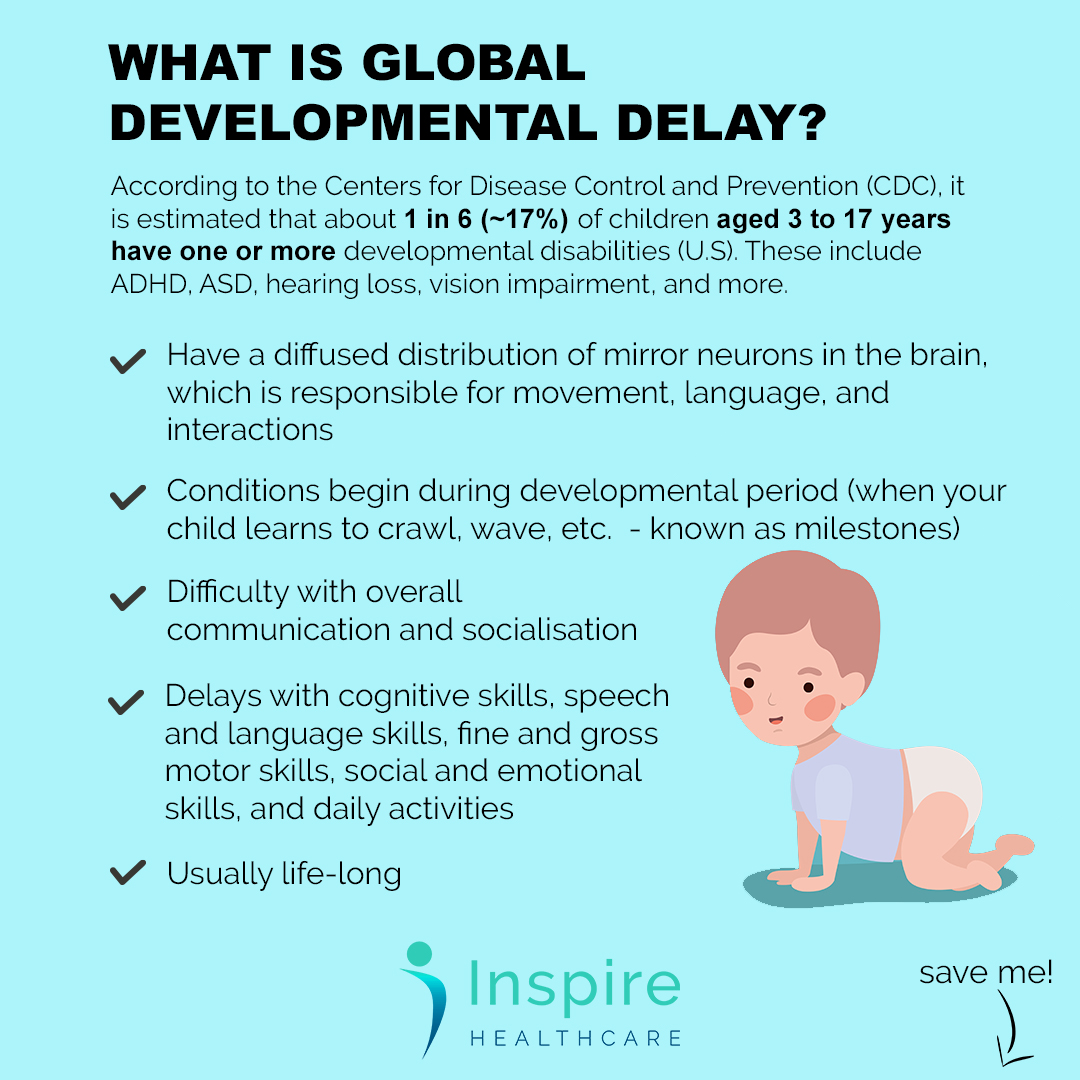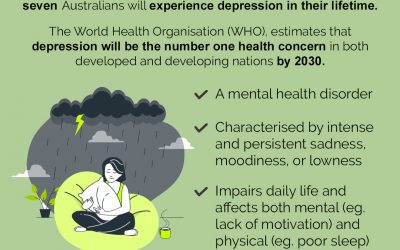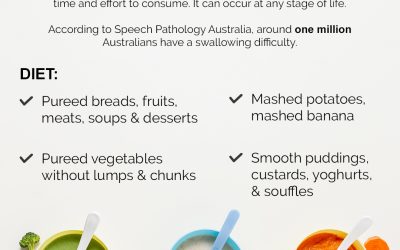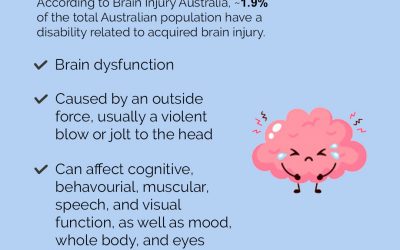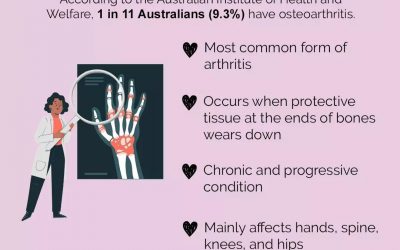What is Global Developmental Delay?
Global Developmental Delay (GDD) can affect anyone, regardless of race, gender, or socioeconomic status. It affects the major areas of the development of a child, in which they have trouble with communication and skills.
It is a generally used to describe any delay between birth and 18 years old.
There are many possible causes of GDD, including:
- Premature birth
- Chromosomal condition such as Fragile X
- Metabolic conditions – thyroid function
- Vision or hearing loss
- Speech and language difficulties
- Injuries or infections of the brain such as head injury or meningitis
What are the signs or symptoms that a child can have for Global Developmental Delay?
There are five areas as a parent you will want to watch out for, and if you are unsure, seek the opinion of a professional healthcare specialist or paediatrician.
Compared to their peers, are they experiencing the following:
- Cognitive:
- Difficulty with problem-solving or logical thinking
- Difficulty remembering information
- Poor attention and concentration
- Motor skills:
- Trouble with everyday movement such as crawling, walking, jumping, or balancing
- Difficulty grasping and holding onto objects, using utensils, or manipulating small items
- Poor coordination and clumsiness
- Language:
- Difficulty in speech and pronunciations
- Limited vocabulary compared to peers
- Difficulty understanding spoken language or following directions
- Problems with pronunciation or articulation
- Social-emotional:
- Difficulty forming or maintaining relationships with their peers
- Trouble understanding and expressing emotions appropriately
- Challenges with social skills, such as making eye contact or taking turns
- Behavioral problems, including aggression, withdrawal, or tantrums
- Adaptive functioning:
- Delays in self-help skills, such as dressing, feeding, or toileting
- Difficulty adapting to new situations or environments
- Struggles with daily routines and following schedules
Author
-
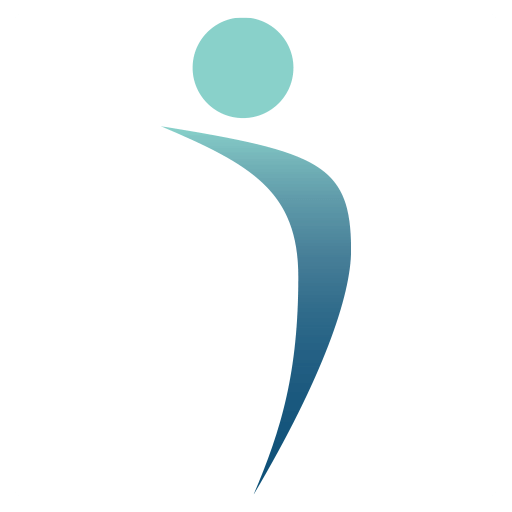
Guyver Mac
Managing Director & Principal PhysiotherapistGuyver specialises in gerontology and neurological physiotherapy, and has been working with NDIS since 2017 and practicing physiotherapy since 2015. He excels in treating conditions like Multiple Sclerosis (MS), stroke, neurological conditions, and global developmental delay. One of Guyver's favourite career moments as a physio is helping an Inspire Healthcare client with Multiple Sclerosis walk his daughter down the aisle at her wedding. Outside of work, Guyver enjoys going to the gym, swimming, and watching rugby league.
